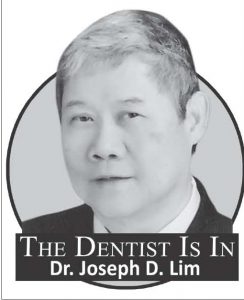
The Project ECHO™ is a unique and laudable international initiative.
It links expert specialist teams at an academic hub with primary care clinicians in local communities.
The idea is to “demonopolize” knowledge and “amplify” the capacity to provide best care practice for underserving people all over the world.
This way, doctors providing primary health care in communities in far-flung and remote areas receive expert advice and continuing education from specialists in knowledge hubs such as universities and health care centers.
In turn, these primary care doctors can better provide best-care practice based on the latest science-based medical knowledge.
Basic teleconferencing technologies like Viber are now widely available. They are suited for the weekly teleECHO™ clinics that combine mentoring with patient-case presentations.
Primary care clinicians from multiple sites present patient cases to the specialists who act as mentors. Together, they discuss new developments with their patients, share medical knowledge and expertise and then determine the treatment.
Project ECHO™ was started by Dr. Sanjeev Arora, a liver disease doctor in Albuquerque. He saw that thousands with hepatitis C could not get the treatment they needed because there were no specialists in the area where they lived. The clinic where he worked was one of only two in the whole New Mexico state that treated hepatitis C.
Dr. Arora created Project ECHO™ in 2003 so that primary care clinicians could treat patients with hepatitis C in their own communities.
The result was better care for more people. A study published in 2011 in the New England Journal of Medicine showed that the quality of hepatitis C care provided by clinicians trained by Project ECHO™ was equal to that provided by university-based specialists.
Today, a lot of other medical conditions are being looked at by over 3,000 doctors, nurses and community health workers who provide treatment to more than 6,000 patients enrolled in Project ECHO™’s comprehensive disease management programs.
According to UTHealth, it has expanded across diseases and specialties, across urban and rural locales, across different types of delivery services and even across the globe.
It now operates more than 220 hubs for more than 100 diseases and conditions in 31 countries, but there’s no hub in the Philippines yet./WDJ

